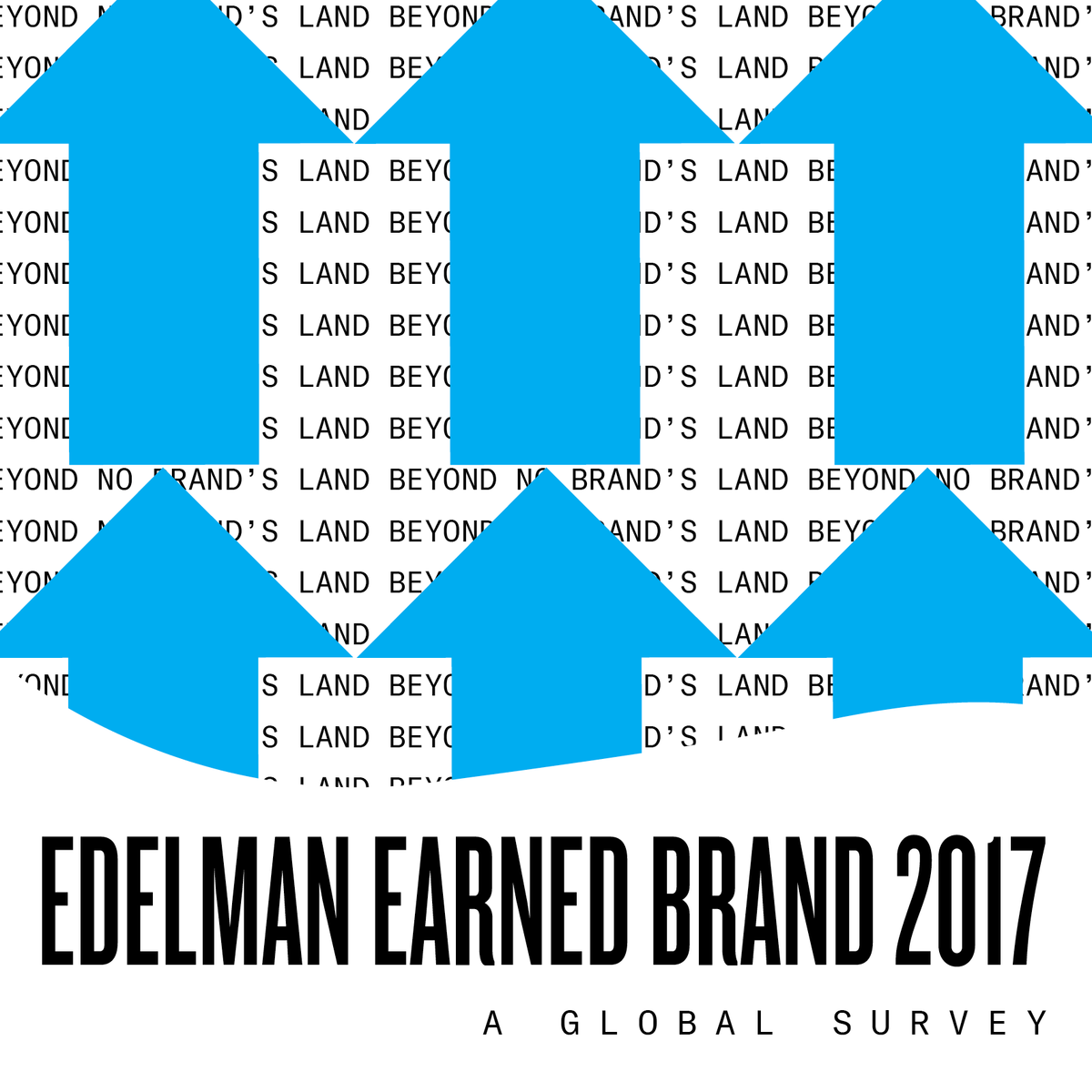The latest Edelman Earned Brand study offers a wealth of data and insight on the new reality for brands: people are buying or boycotting brands based on their beliefs, and on a brand’s stance on the issues they care about. But there’s something about getting people in a room and talking through these findings to truly digest and absorb how these consumer behaviors can affect different companies in different ways.
We launched Earned Brand in Chicago earlier this month by hosting an event at which Mark Renshaw, global brand chair, and Nick Lucido, vice president, Global Practice Development – Brand, presented this year’s findings. The conversation continued with a panel discussion, moderated by E.J. Schultz, Chicago Bureau Chief of AdAge, during which Jano Cabrera of McDonald’s, Cathy Davis of Feeding America, Julie Howe of Facebook and Chris Miller of Abbott shared their perspectives on the study and its relevance to their work.
Here are a few of the biggest takeaways from the conversation:
- Lean on your strengths: A shared theme among the panelists was the idea of using a company’s or organization’s greatest assets to benefit others. Facebook’s leveraging of its social platform and tools to support Feeding America and McDonald’s’ leveraging of its scale to make an industry-first move to cage-free eggs were notable examples.
- Earning attention over everything: Julie made a great point that’s easily overlooked: Brand A isn’t competing for attention with Brand B in social feeds. They’re competing with your cousin’s new dog, an old co-worker’s twin toddlers and the video replay of the Bears’ winning touchdown, in addition to Brand B and countless others. This goes beyond owned content — it’s how your story appears via earned and peer influencers as well. Our findings show that peer and expert sources are more credible than a company itself, so it’s important to have advocates for your clear stance that already appear in people’s social feeds among everything else.
- Personal and corporate identity are blurring: As we explored at the event, it’s becoming increasingly difficult to separate a corporate leader’s views and actions from those of his or her company. That can be an advantage — if your brand is led by a figure that’s notably values-driven with a strong moral compass, use that to your advantage in taking a stand as a company. The Earned Brand results show that belief-driven buyers seek evidence of a brand’s belief through its employees, making them relatable advocates for a stance on issues.
- Taking a stand as a family company: Private, family-run enterprises are not exempt from consumer expectations that brands make their position on a topic clear and known. No brand can stay on the sidelines for an issue that’s relevant to the business and its customers, current and potential. It’s imperative to choose and communicate what is right for your brand as your competitors begin doing the same. With 65 percent of belief-driven buyers boycotting a brand because of their silence on an issue, there’s no distinction between public and private, family-owned or otherwise. Additional findings show 48 percent will advocate for your brand and defend it when it takes a stand vs staying silent.
- It’s not about the brand: As Jano noted, the expectation for brand responsiveness has similarities to running a political campaign. It’s never about the individual candidate, but about the voters — their beliefs, agendas and needs from the candidate once they’re in a position of power. Brands should operate in the same manner to maintain relevance with their consumer’s lives and mindsets. The benefits of taking a stand on an issue relevant to both your core consumer and brand are clear — 67 percent of belief-driven buyers will buy a brand for the first time because of its stance, and 51 percent stay loyal to and buy a brand more frequently when it supports their position on an issue.
Allison Cirullo is general manager, Brand practice, Chicago.





